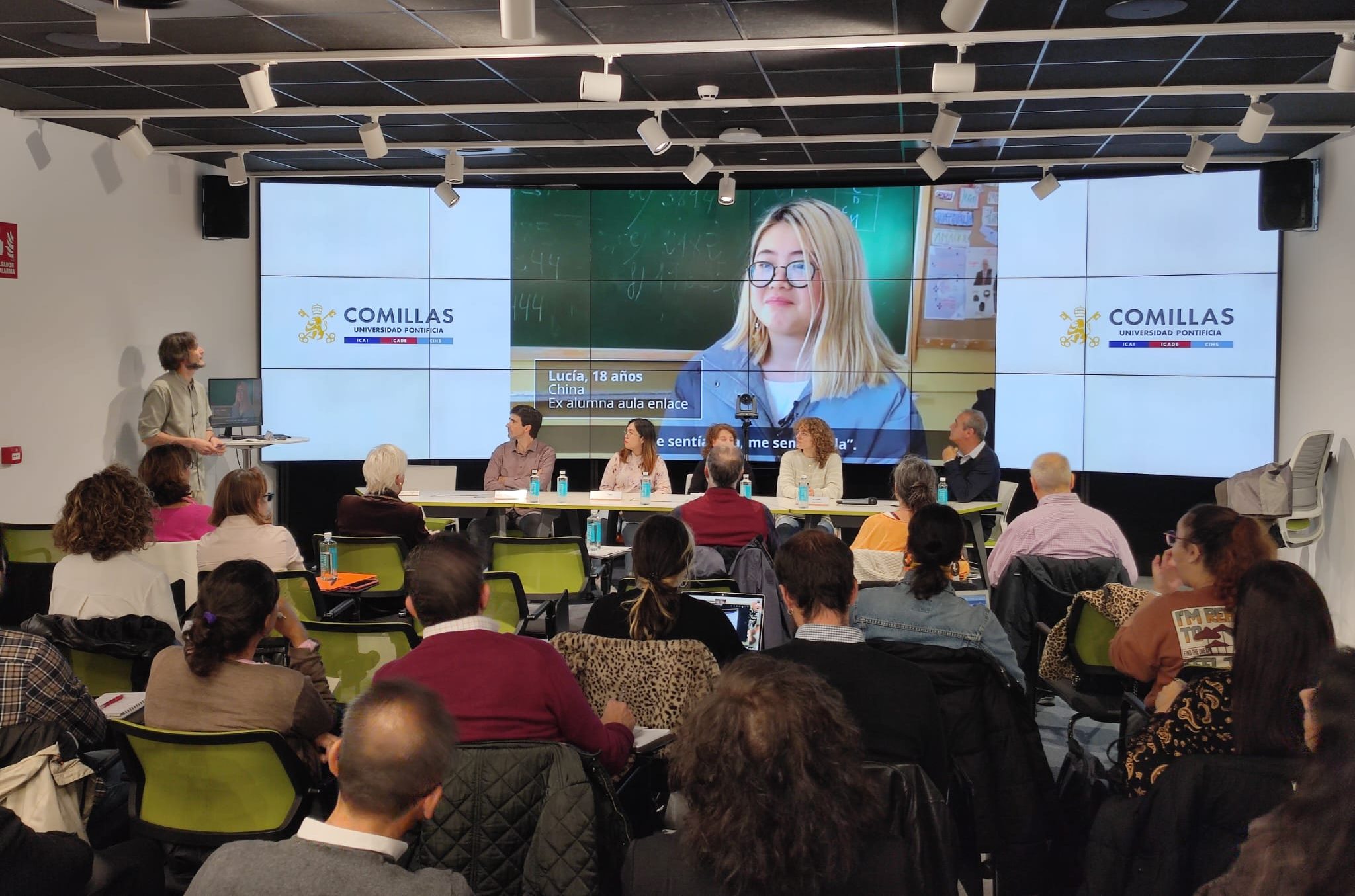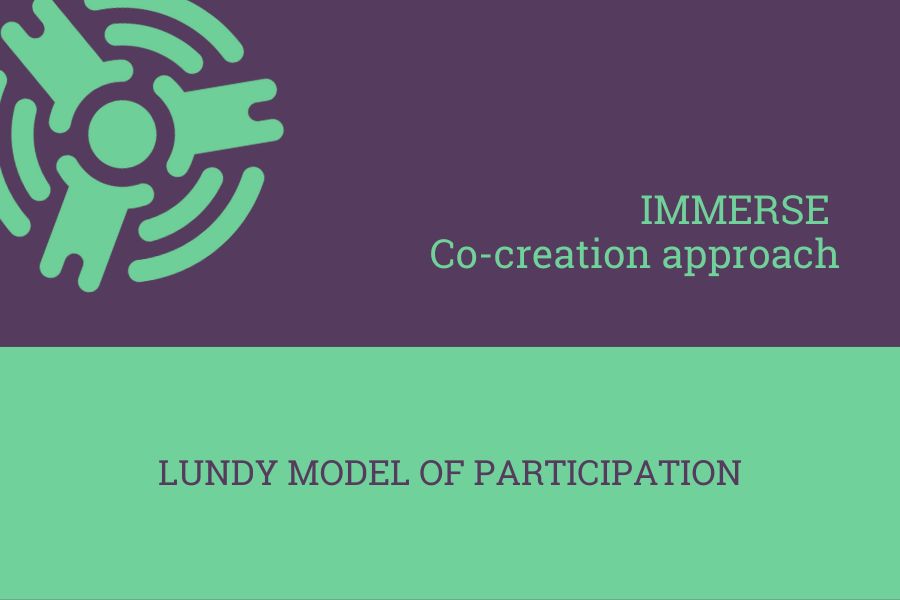Description
Sant Joan de Déu Terres de Lleida – Almacelles is a centre which, among its services, provides institutional foster care for unaccompanied minors aimed at their social, community and labour integration. This centre belongs to the Hospital Order of St. John of God, which is one of the largest international non-profit cooperation organizations in the world. Due to the strong increase in the arrivals of Unaccompanied Minors (UAMs) during the period from 2015-2018 in the Catalonia region, in April 2018, the centre opened a first Reception and Integral Care Centre to host UAMs. Here they learn the language, enter formal education and vocational trainings, to work on their autonomy and independency. In October 2018, an Emergency Protection Center was created as entry way for UAMs to the protection system. To reinforce the transition to autonomy, in May 2019 an Assisted Flat Service was then created for young people aged 16 to 18. Currently, the centre helps more than one hundred young unaccompanied migrants. The project is funded with governmental funds - Directorate General for Child Care (DGAIA) of the Department of Work, Social Affairs and Families (TASIF), and by the Foundation Sant Joan de Déu Terres de Lleida.
- Access to compulsory education
- Access to health care
- Children complete compulsory education
- Children maintain their cultural identity while adopting new cultural values and intercultural competences
- Children remain in (formal) education beyond compulsory levels / Access to (formal) non-compulsory education
- Children's academic skills
- Children's competence in host language
- Children's legal status
- Children's life satisfaction / happiness
- Children's sense of belonging
- Friends and peers (bridges)
- Friends and peers (support)
- Institutions
- Teachers
- Types & levels of (formal) non-compulsory education attended
Evaluation ex post
Some of the materials have not been developed yet and others are not public and cannot be shared.
Projects’ deliverables
The attached document "SJDTLL article" (in Spanish) provides the description of the different resources or services, testimonies of professionals and participants and an interview to the director of the project.
Reproducibility
Some of the materials have not been developed yet and others are not public and cannot be shared.
Motivation for the submission
The motivations for the submission of SJDTLL are various, as it is a very complete and integral project which accompanies unaccompanied young migrants in their way of becoming integrated in the host country at multiple levels. Their focus on language learning, training and achievement of autonomy while providing them with real expectations of what they can find in the host country is key for them to get access to legal rights, education and the job market. The transition these adolescents go through within the different services prepares and empowers them to face the difficulties they will encounter in the host country to achieve a successful integration.
Additional comments
The most significant strength of this project resides in their reaction capacity to a fast-changing context and their adaptability to the needs of the target population. The project’s next steps aim to promote a change in the institutionalised foster care to a more individualised assistance led by the specific psycho-social needs of each case.


